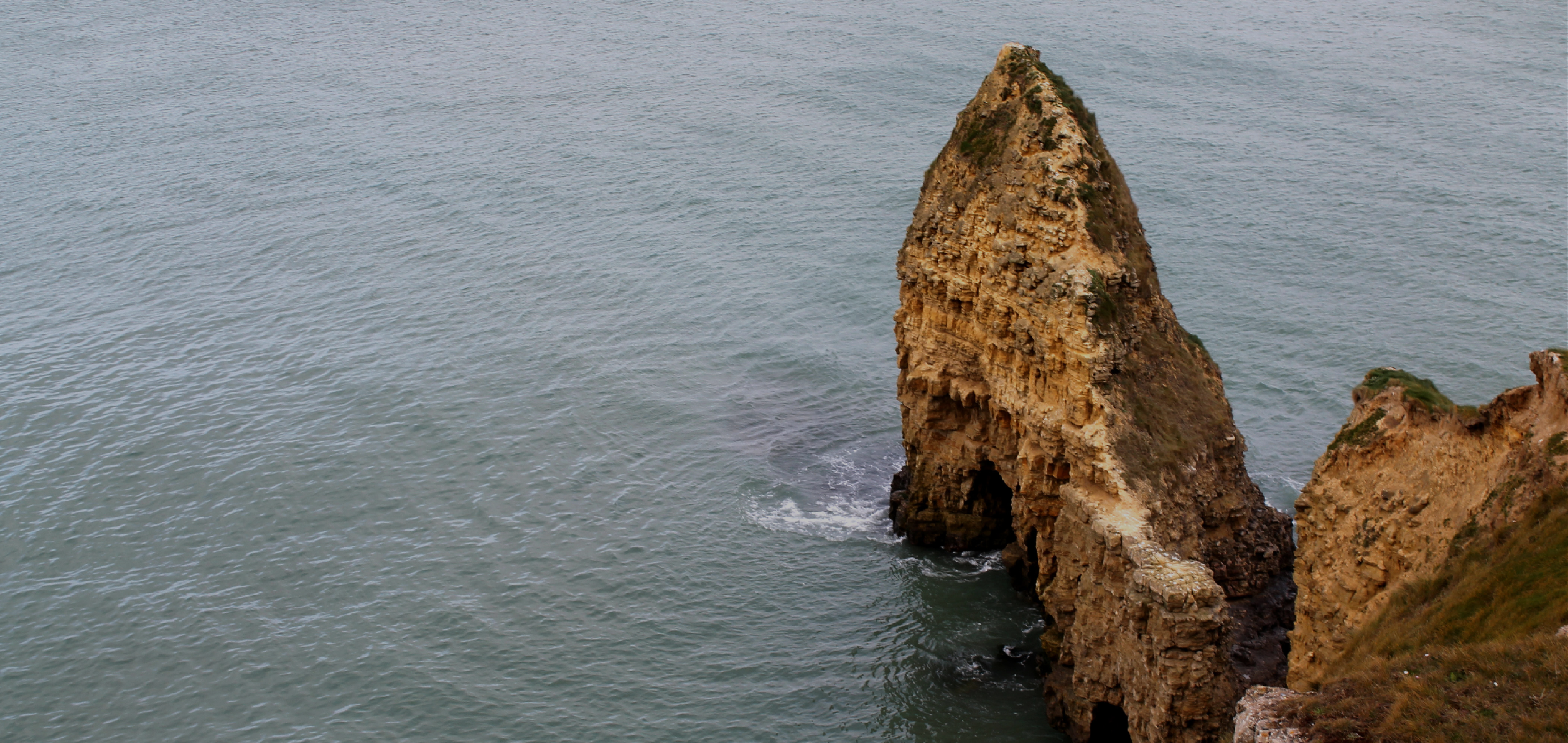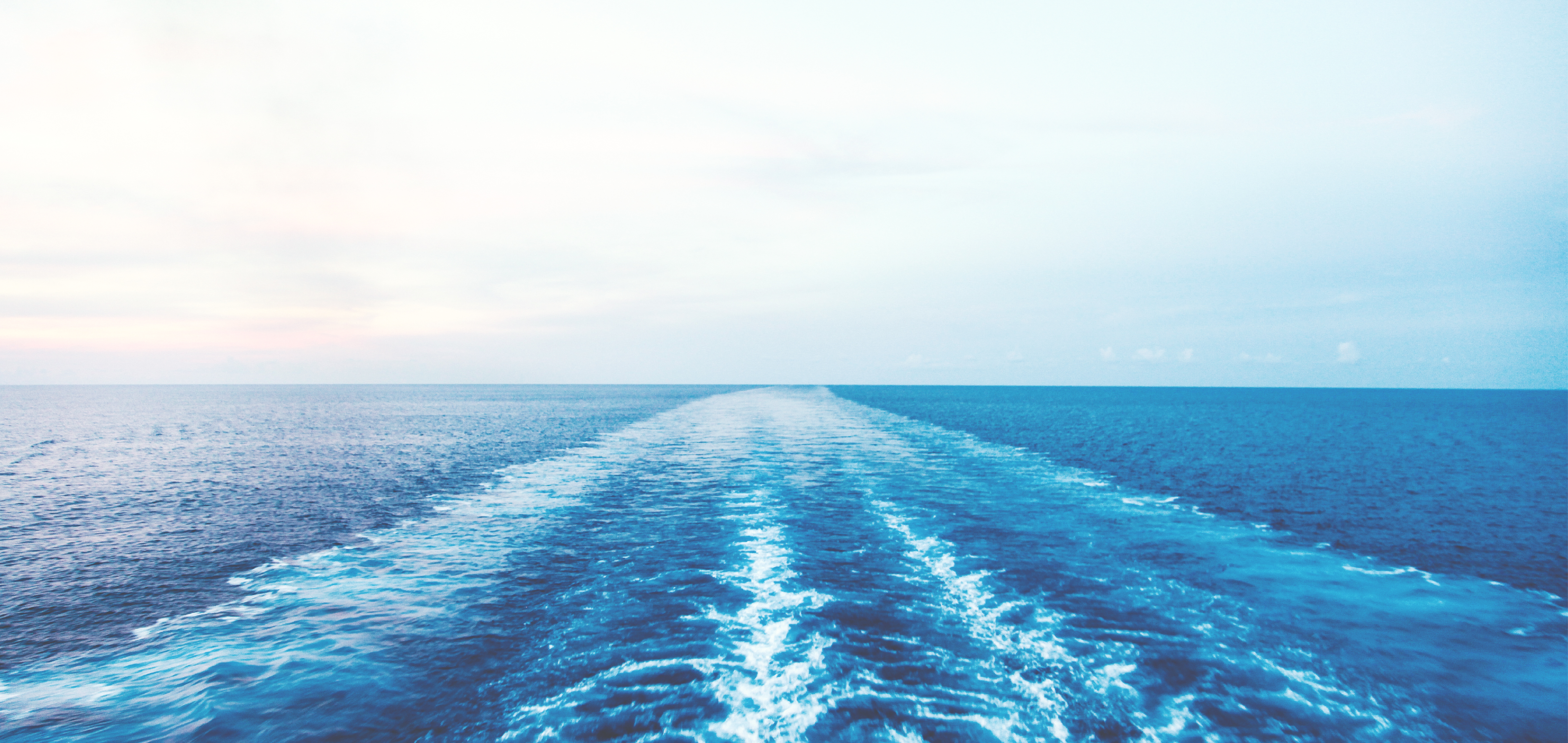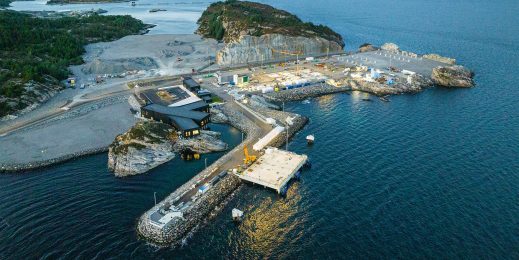
Costa Cruises leads the way as the flagship company for Microsoft’s Azure Data Lake launch in Europe
Microsoft’s Azure Data Lake might sound like a holiday island retreat for passionate coders, but it’s actually the name given to one of the most powerful business transformation tools ever created – and it’s now officially ready to work its magic in Europe.
In today’s world, the value of data is unsurpassed. It’s a commodity with an importance that’s risen exponentially, likened to digital gold or oil. A vault full of gold bars or a tanker full of oil on their own do nothing, however. It’s what you do with the contents that really counts.
Investing those gold bars and using tools to transform the oil into fuel will reap huge rewards, in the same way that manipulating data to provide valuable insights can help transform many aspects of a business for the better.
Michel van der Bel, President of Microsoft EMEA: “Worldwide, businesses and organizations are looking to thrive by embracing data. Increasingly, every business will become a software business that builds applications, uses advanced analytics and provides software as a service (Saas) to its customers. As a consequence, every industry is embracing software and cloud computing, moving technology providers from the periphery to the core of every industry as – over time – new systems of intelligence are set to reshape the economics of business by creating feedback loops, driving performance and finding efficiencies.”

In the case of data, Azure Data Lake is the unmatched tool of choice for mining invaluable insights, which can result in growth, innovation, new business models, rich opportunities, and much, much more. The cloud-based data storage and analytics service enables customers to work with both structured and unstructured data.
Azure Data Lake has already proven its incredible power and versatility for all the companies that have adopted its services since its launch. US-based Ecolab, for example, uses Azure Data Lake to find a solution to cleaner and more efficient use of water:
.
“Azure Data Lake has been deployed to our water division where we are collecting real-time data from IoT devices so we can help our customers understand how they can reduce, reuse, and recycle water and at the same address one of the world’s most pressing sustainability issues.”
“We’ve been impressed with Azure Data Lake because it allows us to store any amount of data we require and also lets us use our existing skills to analyse the data,” – Kevin Doyle, VP of IT, Global Industrial Solutions at Ecolab.
Smooth Sailing
On global scale, Azure Data Lake is also being used by Carnival Corporation, the world’s largest leisure travel company, which has a total of over 100 ships across 10 global cruise line brands, at its Fleet Operations Centers. In Europe, Microsoft’s powerful cloud service is helping Carnival Corporation’s brands – which include Italy-based Costa Cruises and Germany-based AIDA Cruises — undergo a crucial digital transformation process to improve its operations.
To provide perspective, together Costa and AIDA have a collective total of 26 ships and 27,000 employees, attracting millions of guests annually.
Franco Caraffi, IT Marine Systems Director of Costa Cruises, states that: “We chose to partner with Microsoft to kick off a project of the Internet of Things, because it was strategic for us to rely on a platform that would allow to collect, analyse, and display data from sensors in a simple, integrated and immediate way on our ships and make them available both to the officers on board and to our operations centre on the ground ”
Using Azure Data Lake’s powerful predictive analysis tools, Costa will be able to improve its fleet in multiple areas, including conditioned-based ship maintenance, resource optimization and the automated calculation of efficient routes.

.
Staying on course
Azure Data Lake’s approachable debugging, coding and optimisation tools make it easier for Costa’s technical team to deploy their required tools, and as it’s enterprise ready, it can be easily integrated into Costa’s existing data platforms.
The company uses the aptly-named Neptune guidance system – a tool used by Carnival Corporation at its Fleet Operations Centers to help monitor its global fleet – togather large amounts of nautical data, which is then fed through powerful data analytics tools in Microsoft’s Cortana Intelligence Suite, which transforms the vast amounts of data into useful insights.
One such insight in this case is the real-time knowledge of the position of every single ship, its destination, and its arrival time – enabling Costa Cruises staff to make important, timely decisions on the operation of itsfleet.
Thanks to this powerful data analysis, staff based in Hamburg Fleet Operations Center can then predict navigational issuesahead of time, further enhancing existing protocols for the safe navigation of its ships.
By recording, storing and analysing data from each trip and the amount of fuel used, the system can work out the most optimal routes for passenger safety and comfort. Environmental impact is also reduced, thanks to the monitoring of various emissions systems.
The Cortana Intelligence Site’s machine learning algorithm can go one step further by modelling future routes that can reduce fuel consumption, while planning for more effective refuelling and maintenance stops to reduce downtime.
Ten years’ worth of sensor data – which is collected from a large array of sensors every 30 seconds – is processed every single day to provide the accurate historical trends necessary for these vital analytical applications.
Unlimited Potential
Azure Data Lake is particularly well suited for Costa’s vast amounts of nautical data, due to its unlimited file size limit. Unlike Amazon Web Services, for example, there is no 5TB file size limit, allowing customers such as Costa to store files at least 200 times larger in size.
This is an incredibly powerful feature which enables the simple storage of gigantic datasets, from high resolution videos, genomic, seismic and medical data, to almost any other dataset imaginable, from any industry.
“By connecting the machinery and equipment of our company’s 100-plus ships, we can anticipate issues, reduce repair costs, optimize performance and fuel consumption, and limit environmental impact,” Caraffi states. “Not only that, but we can also intelligently and efficiently plan routes and alter them in real time”.
“The combination of the flexibility of Microsoft’s Cloud and the power of predictive analysis tools via the Cortana Intelligence Suite enables us to create truly adaptive, customised business processes to optimize the use of our assets,” Caraffi adds.














